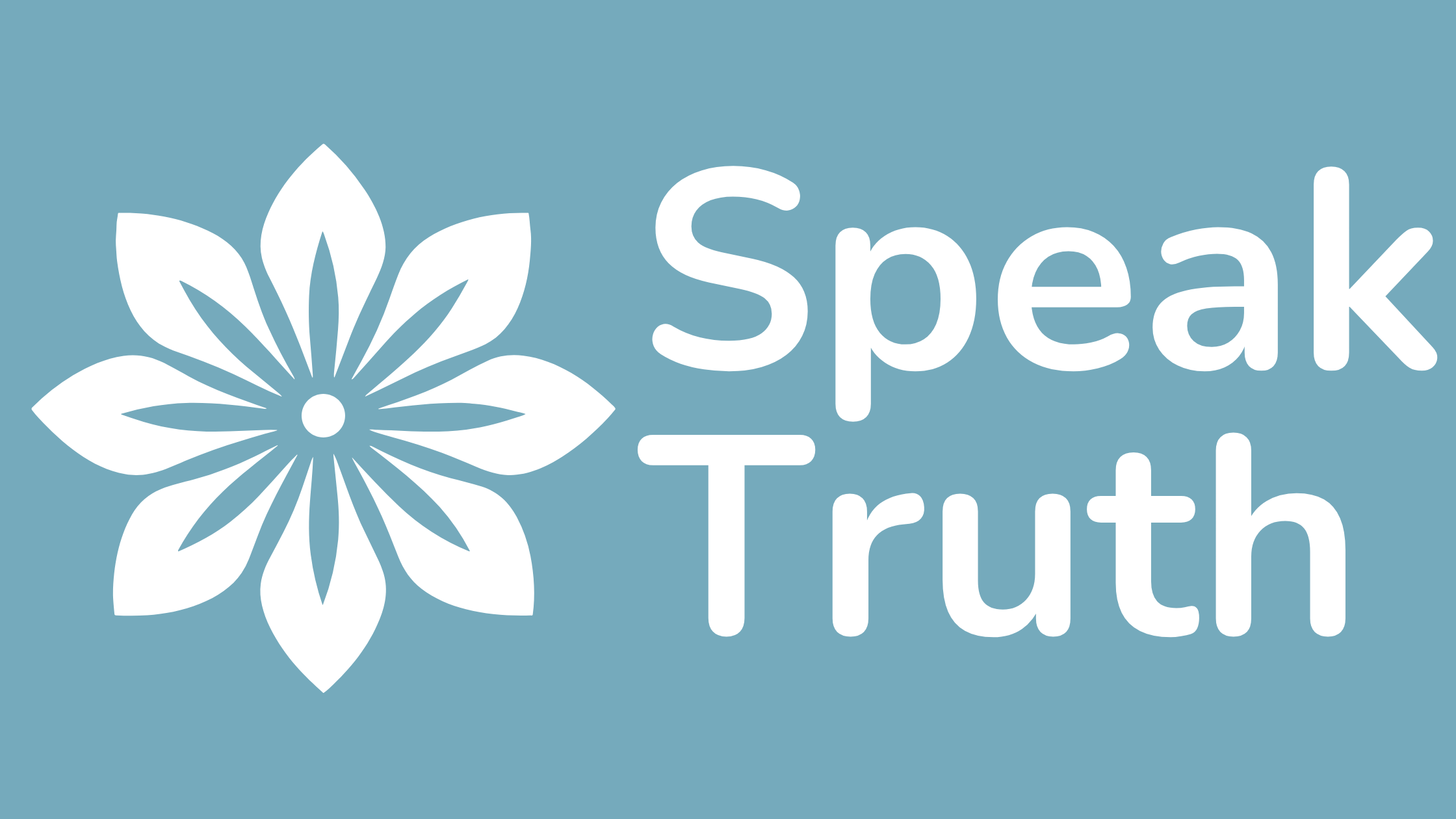Truth Coaching
My approach to working with clients is based on a methodology called Truth Coaching.
Truth Coaching is a way of learning how to speak the truth about your needs, emotions and desires in order to build a better connection with yourself and other people.
What do you mean by “truth?”
When you speak truth, you’re being as honest as you can be with yourself and the people around you.
This doesn’t mean sharing your darkest secrets with strangers or toxic people. It’s important to match how you talk about yourself to how well you know the other person and how trustworthy they are.
When we live in truth, our actions and words match each other. There is a sense of peace that comes from this.
When we don’t live in truth, we often feel stuck, depressed, blocked, or as if we’re not living up to our potential. We neglect our needs and put ourselves in positions where others can take advantage of us.
Speaking truth is a process that’s partly subjective and partly objective. It’s subjective because every person’s experience is unique and you can only say what you know. It’s objective because we’re all subordinate to objective truths about human nature and reality.
Three truths that are particularly easy to forget are:

You are worthy of love solely because you are human.

You have a right to speak up for yourself when your boundaries are overstepped.

You have a unique temperament that makes you well suited to certain activities and people and poorly suited to others.
Note: No-one has complete knowledge of the truth. Anyone who claims otherwise should not be trusted.
What is Truth Coaching not?
Therapy
Truth Coaching is not therapy, although there is some overlap between the two. Therapy deals with complex trauma, family issues and medical diagnoses. Coaching is more about learning new ways to think and act that can make your life better in the present.
Miracle pill
Truth Coaching is not a miracle pill that will make all your problems go away.
You’ll still be an imperfect human even after the process of coaching is complete — just better at handling your imperfections.
Someone to rescue you
Truth Coaching is not here to fix or save you. It’s here to give you the tools you need to accept yourself as you are and better yourself.
Religious
Truth Coaching is not intended to be religious, New Age, or woo-woo. It’s grounded in psychology and reality.
Why is speaking truth helpful?
Studies have consistently shown that speaking truth is associated with improved mental health and higher self-esteem.
Disclosing how you’re feeling to safe people around you is an excellent way to build emotional intimacy, which protects against feelings of depression, loneliness and isolation. The ability to honestly and gracefully comment on what’s going on around you and inside you is also linked with improved social skills.
Getting clear on your emotional needs, developing the confidence to articulate them, and then being willing to set boundaries when your needs aren’t met is a surefire way to get out of abusive or narcissistic relationships.
If you have insecure attachment, you’re probably either terrified of being abandoned or scared of being smothered by another person and losing your independence. Admitting this to yourself can be life-changing, opening you up to deeper, more meaningful relationships.
Finally, there’s a lot to be said for understanding your unique temperament and having the courage to live it out honestly in the world. If you’re especially sensitive or introverted, accepting the truth about your nature will give you tools to be good to yourself and find careers and relationships that are a match.
What does Truth Coaching require?
To get the most out of coaching, you’ll need to develop three qualities:

Courage
Speaking truth is rarely an easy thing to do. It requires you to face your fears and be ok with people not liking you.
When you live in truth, you’ll often have to step into the unknown and confront your shadow.
This can be painful, but the peace that comes from integrating these hidden parts of yourself is invaluable.

Connection
Connection begins with being honest with yourself about the parts that you find it hard to accept. This will require you to be open to feeling your emotions and tuning into your intuition.
Disclosing yourself truthfully to another person is something that builds intimacy over time. This is created through a consistent process of listening, kindness, honesty and mirroring. Connection of this nature cannot be rushed or forced, under any circumstances.

Humility
When you share your story truthfully, you’ll need to be ok with discussing your imperfections with other people. This can be humbling, especially if you’re not in the habit of being vulnerable.
Sometimes, failure and experimentation are part of this process. You’ll learn where the limits of your ability are, and this can be chastening. With practice, you’ll come to accept your imperfections — and even celebrate them.
Start telling your story today.
